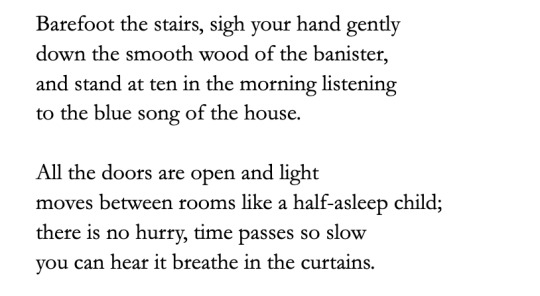Text
ooc . Lothíriel... being killed by a rotational fall from her horse...
#as a former Horse Girl™ i am thinking thoughts#she is free spirited and bold and i can see her dying an accidental death#( not to say rotational falls happen only to risky riders )#( they can happen to anyone jumping obstacles )#also there is something bittersweet in it#she likely wouldn't have suffered such a fate in dol amroth#༄ ooc
8 notes
·
View notes
Text
Lothíriel’s silence deepened, becoming a chalice into which she poured his words, one by one. Her dark eyelashes lowered and her fingers, which still rested lightly upon his wrist, gave the faintest pressure.
A warship. That was how he saw himself.
She felt the breath of that metaphor pass over her skin like a salt-wind, bitter and mournful. In her mind’s eye, she saw it – a proud prow now splintered, sails rent, adrift beneath indifferent stars. Yet even a ship scuttled on distant shores bore stories whittled into its hull. She would not let Boromir consign himself to wreckage.
Her voice, when it came, was low and sure, honeyed with the cadence of old songs from the swan-halls of her childhood – songs her mother had taught her, songs of a sea that remembered every voyager, even those who never found their way home.
“Then let me answer you, Boromir, not as child to elder, nor courtier to captain, but as one survivor to another.”
She drew back enough to look at him again – past the hollows beneath his eyes, past the tightness at his mouth, to the soul recoiling like a wounded animal beneath. He was a man half-shattered and yet still he stood. That was no small miracle.
“There is no glory greater than endurance,” she said softly. “No honour more necessary than kindness. You speak of broken ships, but tell me this – has the tide ceased to rise? Has the sea ceased to carry?”
A faint, rose-coloured flush bloomed along her throat. Her hand slipped to his shoulder, where scar met fabric.
“I see a hull still whole,” she murmured insistently. “Battered though it may be. The mast might creak, but it stands. And the helmsman? He lives! You are not adrift, dear cousin. Not so long as you choose to steer.”
The wedding music rose and fell around them like some far-off tide, a bittersweet echo of joy that did not quite reach this corner of the world.
“As for confidence,” she added, more gently now. “What need have we of that, if not to bluff our way through dread? Conviction is not a birthright, Boromir. It is a candle we keep relighting, even as the wind conspires to snuff it out.”
Her eyes glistened with a fierce, unshed brightness.
“You will find your next purpose,” she said at last. “Or it will find you. That seems to be the way of things here, on this side of war.”
@bimarical
continued from x Minstrels played on silver strings and the towers of the city burned white in the dusk. Yet, even amid celebration and splendour, Lothíriel stood still in place like a statue draped in swan-feathers and sea-silk, her thoughts drawn inward as a tide returns to the deep. She wore a gown of dove-grey, woven through with blue so pale it could scarcely be seen except in motion. Her eyes, watchful beneath dark eyelashes, lingered on the edge of the court, where shadows were thickest and the guests least observed. There he stood. Boromir, now Steward of Gondor but ever her cousin, her kin. Not as he had been, however. Not the flame-bright captain she remembered, astride his destrier with the standard of the White Tower streaming behind. Not the laughing voice, not the proud stride, not the gaze that once caught sunlight like polished brass. He was altered. The change in him was not only in the bindings of dark leather, nor in the heaviness with which he leaned his weight. It was in the set of his brow, the careful way he measured the space around him, as though he no longer trusted the world to handle him without hurt. Still, he was alive. Against all rumour, all whispers brought by wind and rider and sobbing nursemaid, he was alive. Lothíriel crossed the stone threshold as though in a trance, gliding as swans do between sky and water, not fully of either world. The music of the hall grew distant as she approached him – faded into a dim tapestry of flutes and clinking goblets and the drone of poetry – and there was only him, and her, and the pulse of time between them. She stepped forward and laid both arms around him with the gentleness of one who embraces a ghost. “You are leaner,” she said softly, drawing back just far enough to study his face, that familiar high-boned face worn by weather and war. “And older, though no year could account for this. Boromir…” Her voice faltered, then: “None has changed more than you. Tell me true – how do you fare? Are you well, here, this side of war? I would have you tell me everything, cousin.” It seemed to her that his expression was one sunlight through frostglass – bright, but distant. When he spoke, his voice was low, hoarse, but still his own: “No one is now what they were before the war.” Boromir did not elaborate and she did not press him. What was there to say? That some wounds bled inward? That honour and survival do not always sleep well beside each other? Lothíriel did not let go. Instead, she took his bearded face in his pale hands, a touch as gentle as the last star kissing the sea, and then spoke with all the fierceness of her Dol Amroth blood: “Then let us be who we are now – and not flinch.”
Where once he might have reveled in the press of the crowd of guests, the familiar touches on arm or hand, the smiles of relief from those who had survived, Boromir now found himself drawn to being the ghost in the corner. Present. Untouchable.
There was no white rod for him to bear, no symbol of his father's command. The very legacy of the House of Húrin had been broken the night the city gates fell. Yet, Boromir found himself echoing his father's stern demeanor. If he remained aloof and unyielding, no one would dare to peer beyond his hardened shell.
Apart from his cousin.
There must be some discerning trait in Adrahil's bloodline. Finduilas had always pierced through Denethor's armor, reading his thoughts with unsettling ease. Now, Lothíriel approached with that very same, unnerving gaze. It was not in him to deny her embrace and he returned it, taking care to notice how much she had grown since last he had seen her.
That had been his last time in Dol Amroth, a memory now burnished with wistfulness. He had pleaded to borrow a sailing dinghy, and a very young Lothíriel had come along. Together, the two of them had flown across the boundless sea, the wind snatching strands of hair from their ties, and salt encrusting their laughing faces. Returning home felt like leaving his boyhood far behind. Laughter became a precious thing, snatched from the jaws of dire moments rather than flowing from pure joy. The cygnet's cage was now a suit of armor, emblazoned with the White Tree.
Her eyes bored into him, and he recognized the fiery determination that blazed within. His own, he realized with a pang, had long since flickered and died.
"And, what am I, cousin? A warship, driven aground and broken by the unforgiving sea, until it is reduced to scattered fragments, a ghost of its former glory."
He wanted a purpose, not just the empty honor of the Steward's title. King Elessar had Gandalf, Imrahil, and Faramir as advisors. He did not need one more. There was vital work to be done, yet he found himself held back. His wounds, though not fully mended, would not hinder him if given a task worthy of his strength. His soul was adrift. Another piece of flotsam in the aftermath of the war.
"I do not have your confidence nor your conviction."
#‘ the cygnet's cage was now a suit of armor / emblazoned with the White Tree ’ WOW#i'm delighted you continued this btw!#༄ lothíriel × boromir — warhornofgondor#warhornofgondor
4 notes
·
View notes
Text
headcanon . Lothíriel, although born into privilege, was never content to merely float on ceremony. From a young age, she paid careful attention to the sacrifices of the women around her.
Generous in spirit and unshakably kind, she is loyal to her friends, quick to offer comfort without pity. She writes letters in her own hand, remembers the names of servants’ children, knows the difference between lip service and action. She is loyal to her gender in every fibre, listening without judgement, praising without envy, lifting up the women around her.
There is steel in her softness. She listens when others talk over women. She speaks names that are too often left out of records. She notices and she acts.
In the wake of war, many women are left adrift – widows with no dowry to return to, girls orphaned when their mothers died bearing the sons Gondor demanded. Lothíriel quietly establishes a fund in her own name, one that sees midwives paid well and that provides for the children of fallen women. They are clothed, educated, given apprenticeships under respected masters and mistresses.
She supports widows not only with stipends, but with purpose. Many she employs within her household – not as drudges, but as tutors, herbalists, and overseers of textile workshops. She listens to their stories, respects their grief and helps them keep their dignity.
At court, Lothíriel sponsors petitions from women who would otherwise go unheard – shepherdesses whose grazing rights are dismissed, healers who are denied posts in favour of less-skilled men, widowed tenants pressured off their land. She challenges these with diplomacy and unshakable poise, never forgetting that true nobility lies in the service of others.
Her ladies-in-waiting are not just companions, they are confidantes, spies, poets, agents of her subtle reforms. Together, they foster a network of mutual care stretching from the White City to the salt-blown coasts of Belfalas. Her patronage of female artisans, scribes and apothecaries revitalises whole crafts.
Surrounded by a sea of finery, she does more than wear sumptuous dresses. She funds small cooperatives for embroiderers, healers and scribes – all women – and gives them visibility by wearing their work or quoting them aloud in court. She champions not only through kind gestures and personal generosity, but through structural changes made steadily and without fanfare. She bends the ear of her father as far as she is able. She seats the wives of nobles beside her at feasts.
Still, she is tender. She keeps a quiet room in the palace where any woman – regardless of birth – may go to sit, to pray, to cry, to rest. She writes long letters to her friends and sends parcels with perfumes and teas she thinks they would like. In the world of lords and legacies, Lothíriel plants gardens for women. Places of laughter, safety and shared strength.
4 notes
·
View notes
Text
TOLKIEN MASTERLIST POST. reblog this post if you have a muse from tolkien and want to be added to the masterlist located here. please follow the following format in your tags when reblogging and i will add you to the list.
blog url / canon or original character / muse name ( s ) / single muse or multi muse. ( ex. urlhere / canon character / john doe / single muse. )
* if you have a muse from another series or an oc that was not made FOR tolkien but has a verse, please specify it somewhere in your tags.
i will go through the list monthly ( on the 1st ) and clear any inactive blogs out that haven't posted in two months w/o a hiatus notice. if you change your url, you are welcome to send in an ask to let me know what your old url was, your new url, and the applicable series and sections. thank you !!
58 notes
·
View notes
Note
“ i’m taking you somewhere special. ”
Wind moved like a living creature through the grasses of the Riddermark, curling through her hair with curious fingers, tangling it into ribbons the colour of dusk. Around them, the land was wide and lawless, a sea of gold and ash where the sky stooped low enough to whisper against the hills. Lothíriel, daughter of the Prince of Dol Amroth, child of gulls and salt-breeze, rode now not by the shore of her father’s court but far inland, wrapped about the waist of a man carved from sun and blood and battle.
I’m taking you somewhere special, Éomer had said.
He was not a man of florid speech, not like the bards of Belfalas or the noble sons of Gondor, who wore words like jewels. No, his voice had been low, close to her ear, warm as a hearth.
She held fast to him, her slender arms circlets about his torso. The mail beneath his surcoat was hard against her palms, yet she found no discomfort in it. There was comfort in his solidity, in the coiled might of his frame and the steady thunder of his heartbeat. Beneath them, Firefoot – that great and loyal beast – lurched, bearing their combined weight without complaint. His breath steamed in the air, a dragon’s sigh.
Lothíriel let her eyes close for a moment, not to sleep, but to feel more fully, to retreat inward, where her soul might better contemplate the world she now inhabited. Rohan was not beautiful in the way Belfalas was beautiful. It did not glitter, but it breathed, it endured, it sang. There was a sort of splendour in its harshness.
She thought of herself as a white moth now, drifting over fields, wings scorched with too much sun. Once, she had been a creature of the sea, of cool veils and moonlight, scented with rosewater and brine. Here, in Rohan, all sweetness boiled off like dew at dawn. The scents were of sweat and leather and the ghost-smoke of ancient fire. Of iron, of man.
Still, she found herself growing ravenous for it.
Did he know? Could he feel it, the way her grip had become more than mere balance – how it had slipped into a grasp of longing, of surrender? There was a hunger in her she had not known she possessed, one that had nothing to do with love as sung in courtly gardens and everything to do with the slow, feral blooming of devotion born not from fantasy but from blood, and shadow, and silence.
She looked to the grass-carpeted horizon and thought herself a gull no longer. She was being recast in the image of flame and wind, and he – her dark-eyed horse-lord – was the forge.
Her cheek, half-numb from the kiss of wind, pressed against the rough wool of his cloak. She smiled, though not for him to see, and after a silence made golden by contentment, she asked, in a small, song-sweet voice:
“Are we near, my lord? Or will you tell me where you are taking me?”
The question, featherlight on her tongue, bore no urgency, no weight – only the quiet delight of knowing it mattered less than the fact that it was he who carried her there.
1 note
·
View note
Note
I have survived, but I have not been spared. (From Éowyn)
The air in Edoras had the sweetness of drying flowers – bride-to-be-blooms, wind-scattered, crushed underfoot by horses and courtiers and bare-ankled, fair-haired children. From the heights of Meduseld, sunlight poured like wine over the golden roof, but within its timbered halls, shadows gathered where memory lingered.
Lothíriel stood at the threshold. Her silks of Dol Amroth’s dye, wave-blue and moon-pale, smelled faintly saline, as though the sea herself had pressed a kiss upon her brow before she departed for this land-locked hall.
They had spoken little, these two daughters of opposite shores – one of salt and song, the other of snow and sword – but Lothíriel had watched her. Had studied her. Had admired her.
Éowyn moved among the guests who gathered in the days before the nuptials, each step a quiet miracle of survival. Her gown clung to her like ice melting from stone, her hair hung braided and gleaming, beautiful in the way wounds are beautiful when they glisten. She was neither joyless nor joy incarnate, but rather endurance made flesh.
When their eyes met – tundra and tide-wash – Lothíriel knew she must speak.
“You are very lovely,” she said, and meant it. Yet had she known the White Lady of Rohan more intimately, she might have added: You wear your happiness like untried armour.
Éowyn’s expression remained a mask of regality, but her reply was soft and knowing:
“I have survived, but I have not been spared.”
What was Éowyn, if not the ghost of a woman who had stood too long in the presence of death and did not quite return? A shade among the revels, draped in silk and solidarity, Lothíriel reached out. Not to touch, but to remain near to her. To Éowyn, who bore the crown of all those who did not die, but came back different.
#girl gang girl gang#thank you for this! 💕#i hope this works / doesn't presume too much#lothíriel and éowyn tbt#pxnxply
1 note
·
View note
Text

The North Sea, by Patrick von Kalckreuth
11K notes
·
View notes
Text
Yes, my sweetheart. The sea alters its colors. [...] It sometimes drinks the sunset’s blood.
— Nazik Al-Malaika, Listen to the Mourners: The Essential Poems of Nazik Al-Malaika, transl by Abdulwahid Lu'lu'a, (2021)
191 notes
·
View notes
Text

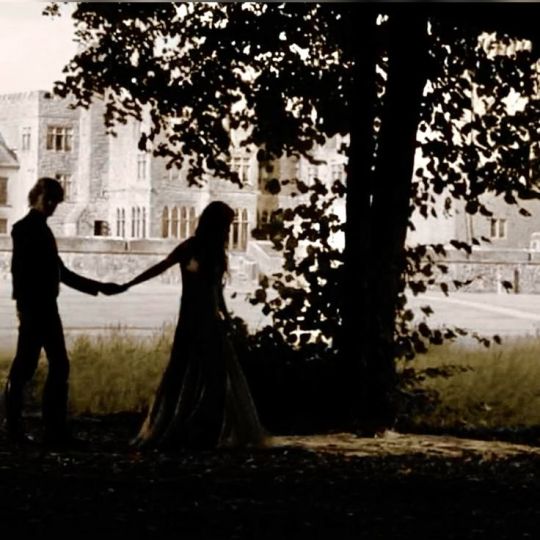
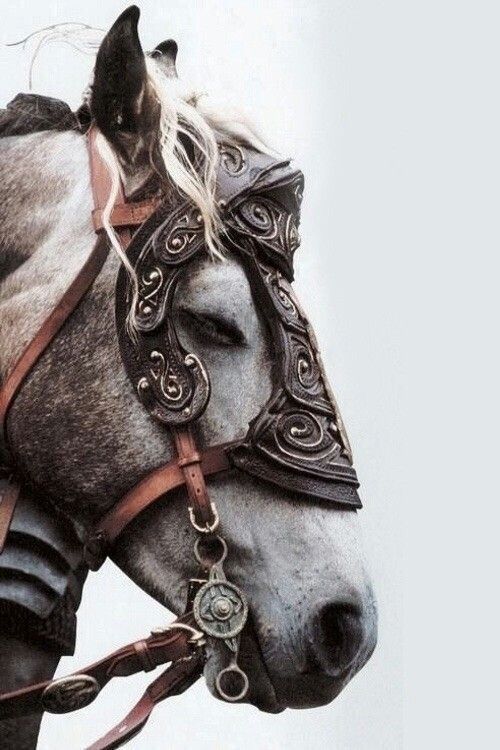
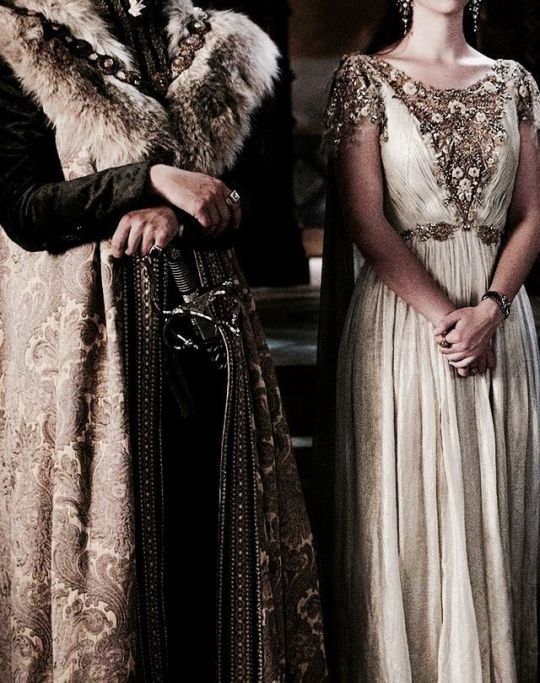
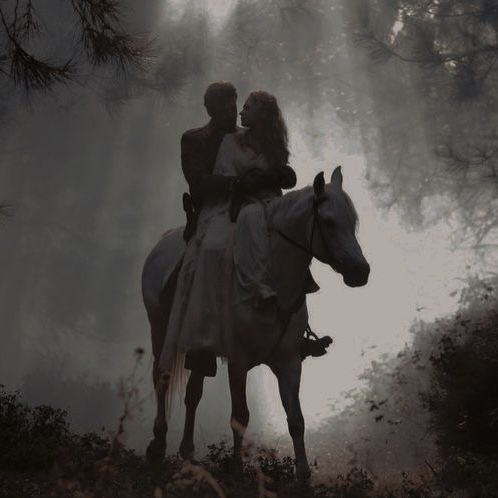
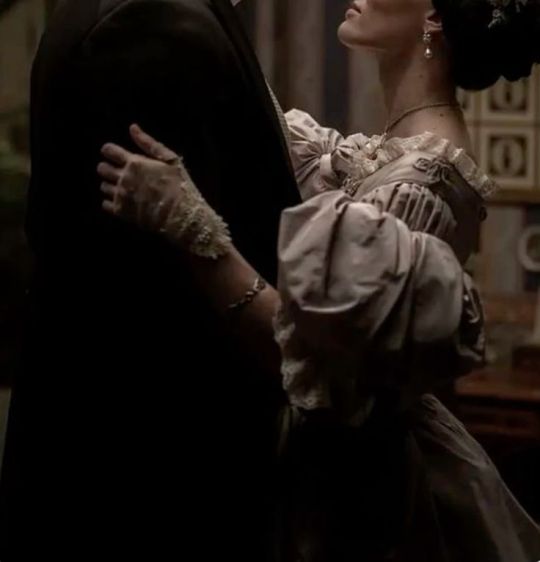

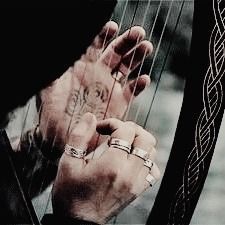

@menelvagor ♡
4 notes
·
View notes
Text

Sylvia Plath, aged 25, from "The Unabridged Journals of Sylvia Plath" (dated May 14, 1958)
638 notes
·
View notes
Text






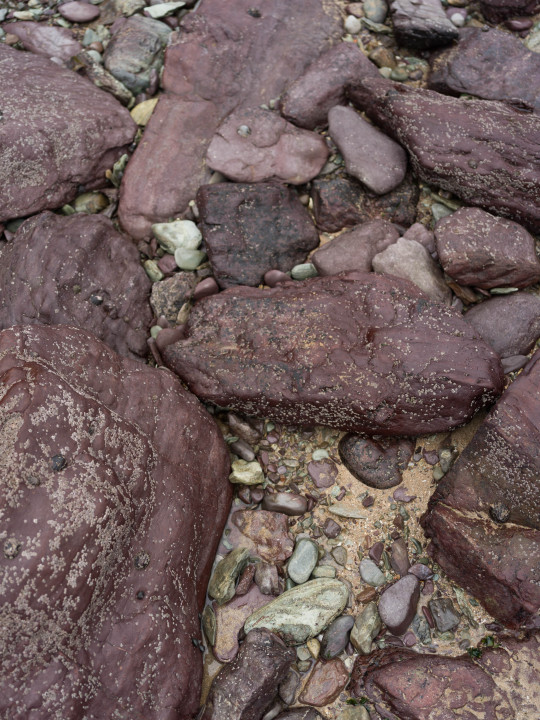

Textures at Low Tide. Devon, UK
Photographed by Freddie Ardley - instagram
768 notes
·
View notes
Text

Gu Cheng , from a poem titled "Narrative," featured in Modern Chinese Poetry: An Anthology
532 notes
·
View notes
Text
My love language is creating a sacred space for you to take off your armor.
3K notes
·
View notes
Text
headcanon . Lothíriel has always been drawn to beauty in all its quiet forms. Her childhood was full of sunlit mornings and storm-wrapped twilights, and from both she learned the value of stillness and passion.
Her hands are rarely idle. She embroiders scenes of swan-ships and stars, of white towers and rolling hills. She plays the harp. Softly, mostly. For herself or small, trusted audiences. She swims in the sea, not merely for sport but for solace. Even in Rohan, far from the tides, she seeks out rivers and lakes, their cold a balm. There is a freedom in water she has never quite found on land.
She paints, too. Oils, mostly, rich and deep. In her early years as Queen Consort of Rohan, she filled sketchbooks with the sharp lines of mountains and the golden sway of the Riddermark’s grasses. Later, her portraits take on subtler themes – men in armour or with wind-ruffled hair, their stances speaking of watchfulness and war. Éomer appears in them all. Not always fully, but in echoes. In a jawline, a scar, a tilt of the brow. She paints what she finds beautiful, and Éomer becomes a lens through which she sees.
Lothíriel keeps the salt and the softness of Dol Amroth alive in a land of wind and wild horses. Through thread, through strings, through brush and water, she makes her life a gallery of all that she loves.
5 notes
·
View notes


